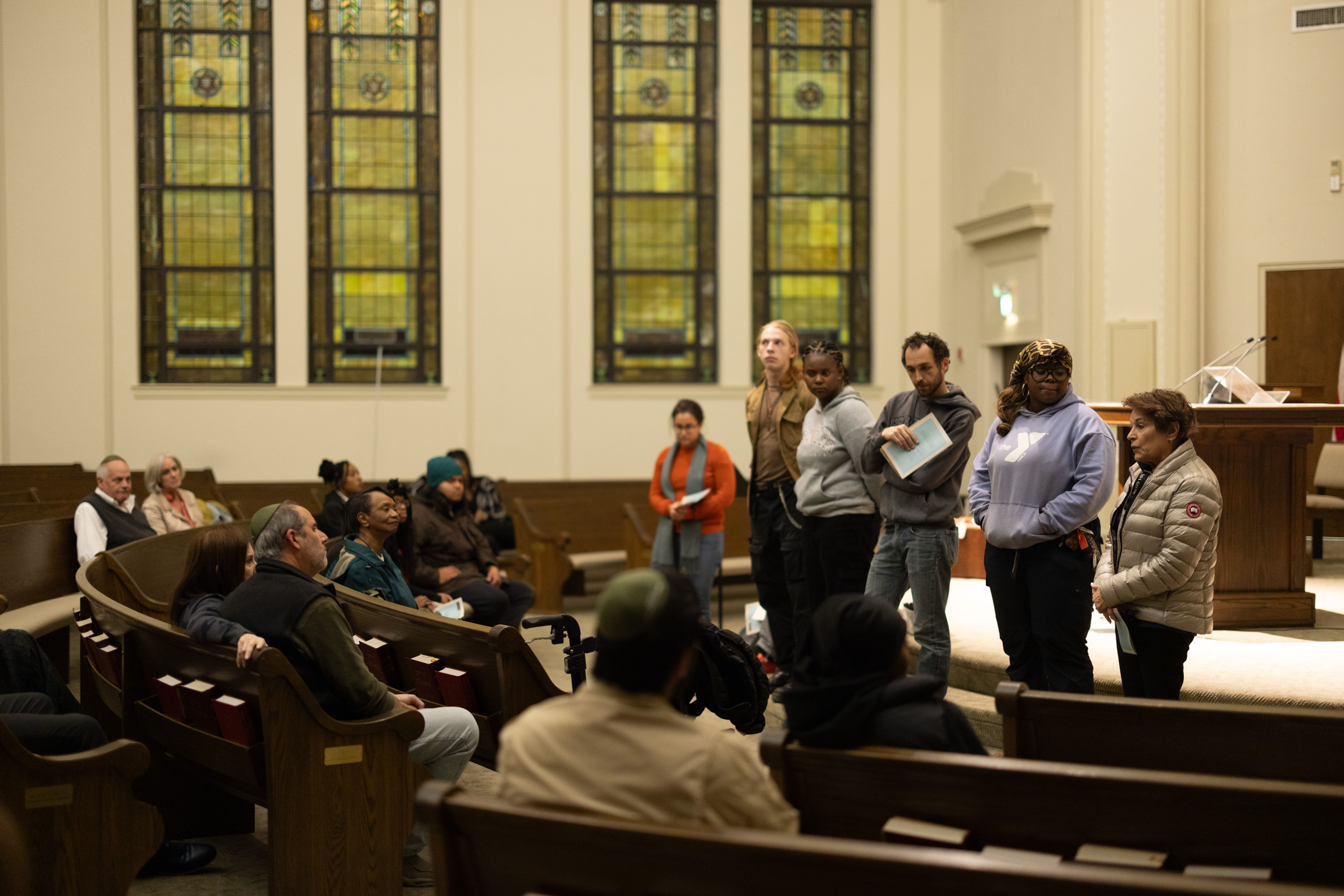
During Coronavirus and Beyond: Virtual Communication Tips for Synagogues
With recommendations from health officials around social distancing, many synagogues are changing their in-person prayer schedules and/or making services available using the magic of communications technology. These accessible platforms are especially significant for individuals who may be challenged about leaving their homes to get to synagogue, including those who are traveling, under quarantine, homebound, as well as the elderly and sick.
Tech Options for Synagogues
Live streaming can be a literal lifeline for such community members who can’t be at synagogue physically but still want to connect with their place of worship. The value of live streaming also extends beyond crisis periods (coronavirus) and works to keep congregants connected from wherever they are, whenever they can’t be there in person. There are a number of affordable tech options to consider. Consider signing up for a live streaming service such as Streamspot (offered at a discount for USCJ affiliates) or Zoom to live stream services or hold remote meetings, religious school or adult education classes. The remote access tool LogMeIn can be used to provide remote desktop access for your staff. Facebook groups and Facebook or Instagram Live can be used as additional means of communication about event or program cancellations.
Virtual Audience Acknowledgement
When using live streaming, it’s recommended that clergy and lay leaders acknowledge the presence of the virtual community. During services, this can be accomplished by making eye contact with the camera during special moments, e.g. when reading a loved one’s name on a yahrzeit, reciting special words of comfort during the misheberach healing prayer, or acknowledging grandparents unable to attend a grandchild’s aufrauf.
Reach Out And Touch Via Video Telephony
If at home, congregants who have a smartphone or computer with a camera, lay leaders, professional staff and clergy can use free video telephony platforms such as Facetime,
WhatsApp, Skype and Google Hangouts to call and see each other, which has great impact. Some or all work with making international calls, too. Although a traditional phone call is still a valued touchpoint, video telephony has that extra visual component, an important element during this isolating time.
Send Us Your Live Streamed Programs
Please send information about your synagogue’s live streamed programs, classes and services so that we can share them with the greater community. Email Julie Livingston, Director, Marketing and Communications, USCJ at [email protected]
For a sample of synagogue instruction on live streaming provided by Park Avenue Synagogue, click here.
More information about Streamspot here.









